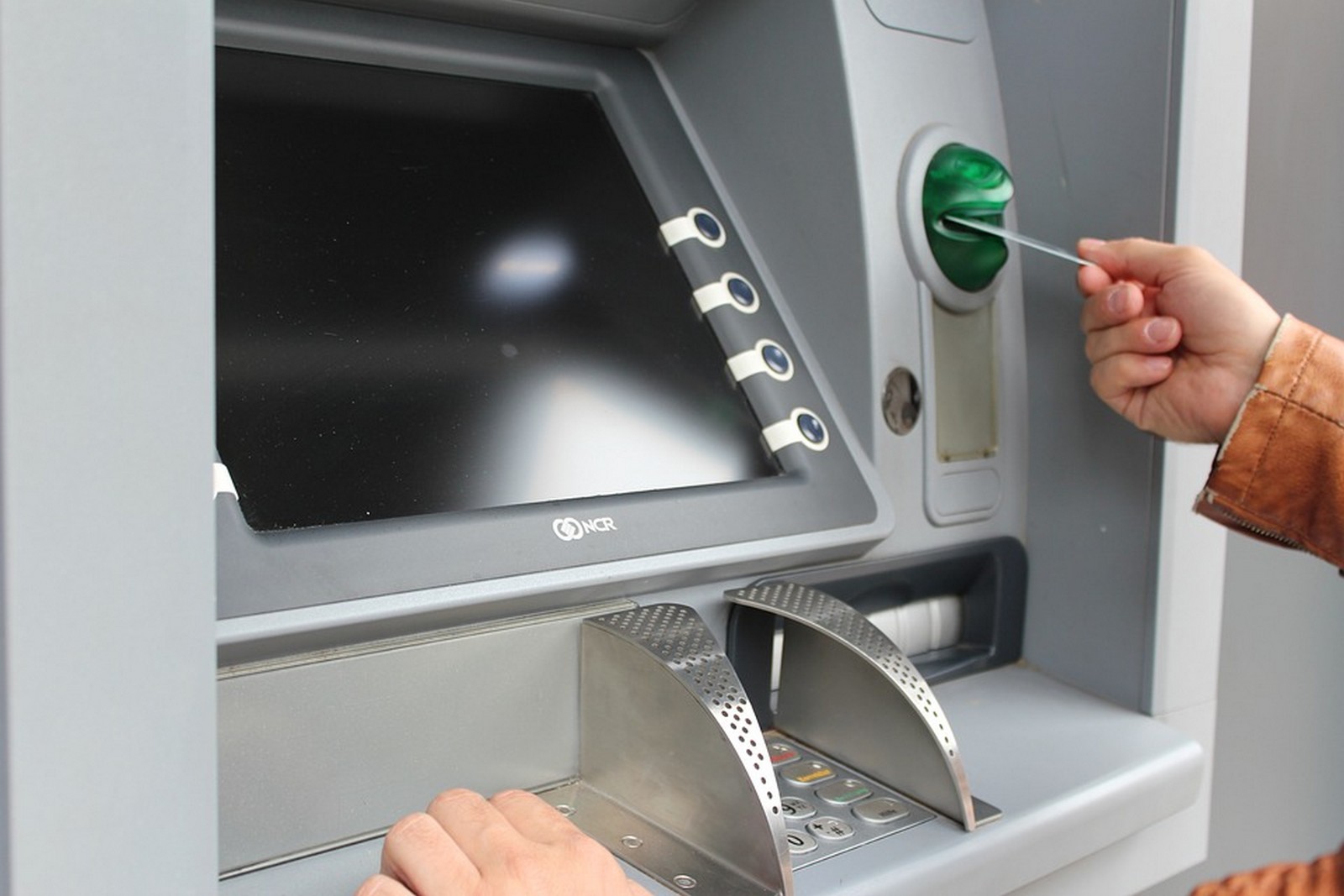
IRS Bank Reporting Rule Not Included in $1.75 Trillion Spending Bill
The White House unveiled the framework for a $1.75 trillion economic and climate change plan on Thursday. But one of the proposals, for banks to report additional information about certain accounts to the Internal Revenue Service, was not part of it.
A $600 tax reporting threshold was first proposed for bank account inflows and outflows. After pushback, it was raised to $10,000. But even that would affect most Americans. But that proposal was not included in the framework outlined by the White House on Thursday.
“The last thing Americans want right now is the government snooping on their accounts,” said Jim Nussle, head of the Credit Union National Association, as reported by Reuters. “Safeguarding consumer privacy and data security is a key part of promoting financial well-being for all, and it’s encouraging that Congress recognizes this credit union priority.”
The proposal was meant as an option to go after corporations and wealthy individuals who are not “paying their fair share” in taxes. Instead, the White House suggests vastly improved enforcement of existing tax laws by investing more in the IRS.
The plan would give $79 billion in new funding to the IRS to help close the so-called tax gap. That means $160 billion per year in uncollected taxes from the top 1%, according to the White House.



The only “fair” share is for people to pay for exactly the services they demand and use; not a penny more. If you don’t use a road, don’t send your kids to public school, don’t support endless foreign wars, don’t support cops enforcing drug laws, don’t support welfare for pimps and illegals, and don’t support bridges to nowhere, it’s not fair to be forced to pay for them.
We know any time the government targets the rich, it filters down to everyone else like this $600 then $10,000 rule would do.
We keep hearing that the wealthy need to “pay their fair share” but don’t the 1% already pay 39.5% of the taxes? Explain what “fair share” is.
“Everywhere is freaks and hairies
Dykes and fairies, tell me where is sanity?
Tax the rich, feed the poor
‘Til there are no rich no more”
Ten Years After pretty well explained the Fair Share definition of the Party of the Ass fifty years ago.
No they don’t, most of their income is capital gains which is taxed at 15% and some of it is creatively accounted capital gains in offshore tax havens taxed at close to 0%.
this is such a BS excuse. almost 72% of taxes are paid by the top 10% and yet you clamour for more. How much can you take from someone before it is considered theft
So no $600 threshold for PayPal, Zelle, cash app etc?
The reporting requirement is not coming at this point under this proposed legislation as it stands currently. But my bet is that this kind of thing is going to raise its ugly head yet again eventually. And just like with repeated efforts to try to block US passport issuance for those flagged as debtors of sorts, eventually the approach passes into law and becomes enforced regulation. I am betting it’s just a matter of when and under what conditions. Could be several years or a couple of decades but unfortunately we are on a course in the country and around the world where privacy is under threat under cover of “the greater good”/“this is for everyone’s good” narratives.
When financial privacy is under threat, liberty is under threat. And the government can get its due without enacting a sweeping financial dragnet system. How so? In the very same way the IRS has done it over decades.
I think it’s delusional to even presume we have any liberty left in today’s era of globalization and digital connectivity. The US government already has so much information about everyone. And whatever it doesn’t have, Facebook and Google has it. Whatever Facebook and Google don’t have, Putin or Xi has, through the multitude of data breaches and the shit people post on Tiktok. Politicians will continue to muscle their way into treasure troves of personal data just because they can. I’d say, life is short, just enjoy it.
Your last sentence is right on!
Let me be more specific, will $600+ PayPal, Venmo, cash app transactions generate a 1099k report?
@ Glenn ^
That’s a question for PayPal, Venmo and Cash App to answer! Haha